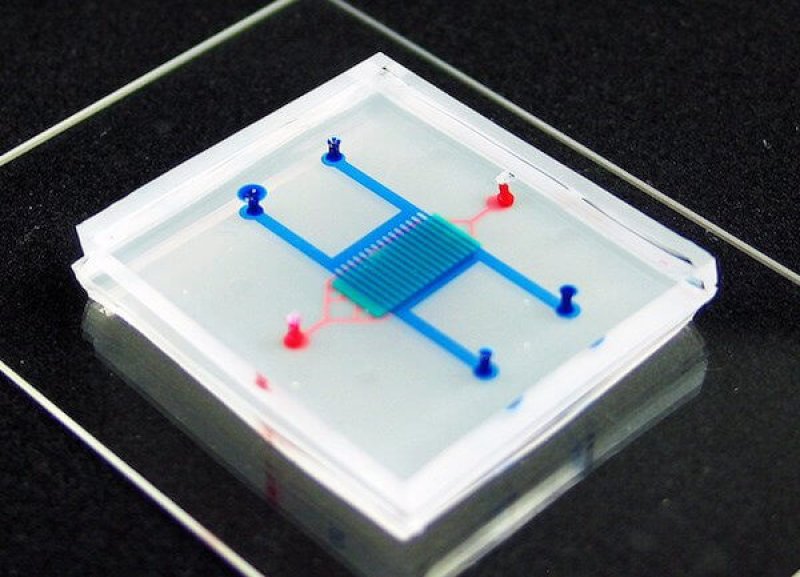In research that sounds like something out of a science fiction movie, astronauts are conducting experiments on miniature human organs—such as hearts, lungs and kidneys—in devices roughly the size of a USB key. Such experiments hold the potential to advance our understanding of disease on Earth.
…
There is no more dramatic environmental change than sending organs to space where they experience very little gravity, intense radiation and a host of other extreme conditions. This is the environmental equivalent of flipping the switch on a gene.
…
One study will look at how microgravity weakens the immune system and the ability of astronauts to fight infections. In this experiment, astronauts will test the effects of microgravity on the lung and bone marrow’s immune responses to bacterial infection.
…
Another study hopes to shed light on the wall known as the blood-brain barrier (BBB), which acts as a gate between our brains and the blood circulating through our body.
…
Together, the research that is taking place above us holds potential to advance our basic understanding of how disease comes about and can open the door—just like our advances in genetic research—to promising new treatments and cures down the road.
Read full, original post: Tiny Organs in Orbit































